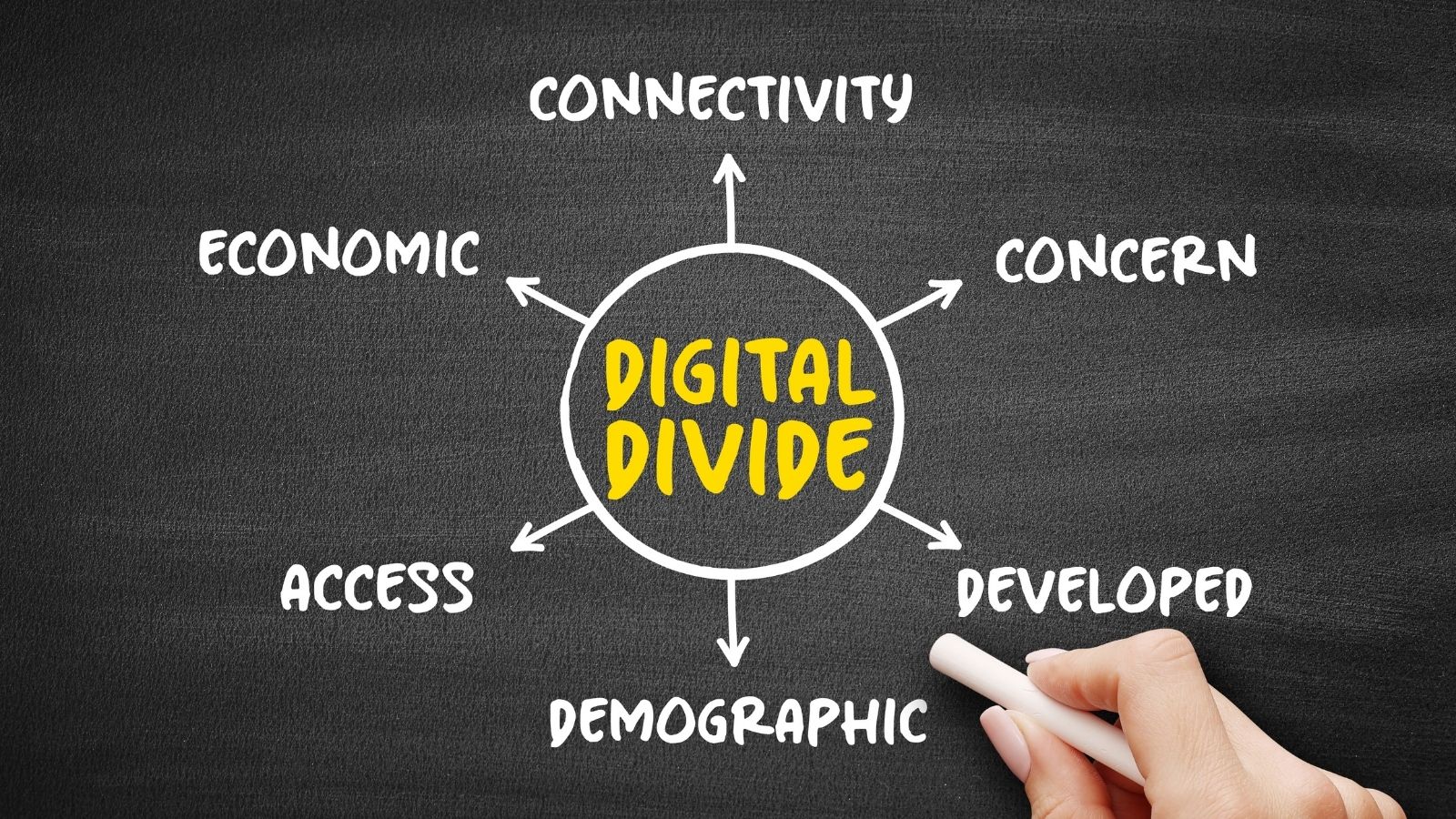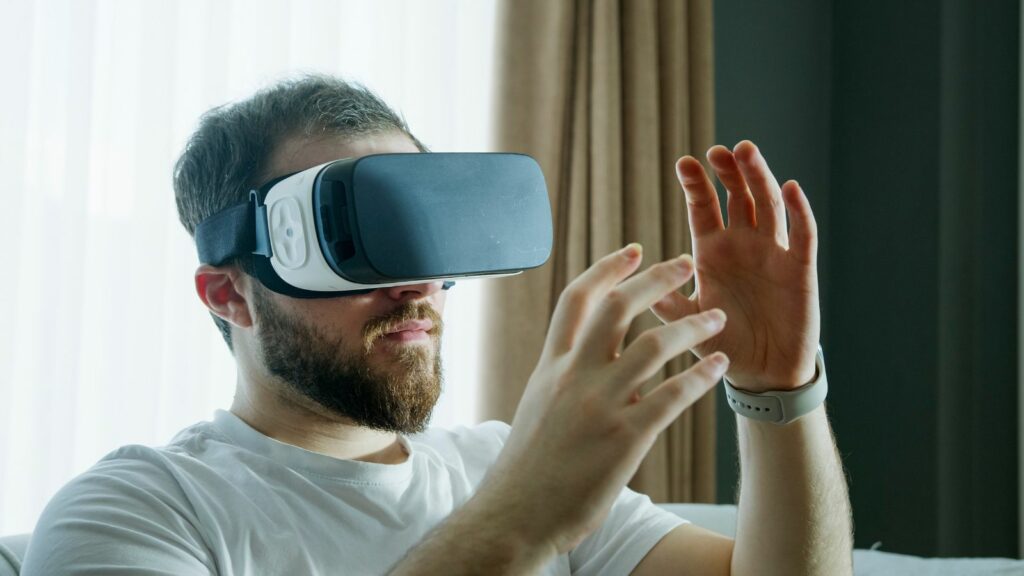As technology advances at an unprecedented pace, the landscape of daily life is transforming rapidly. For many, this shift has brought about convenience and efficiency, but for older adults, navigating a tech-driven world can present unique challenges. In this blog, we’ll explore 20 unexpected hurdles seniors face as they age in an increasingly digital society.
Digital Literacy Gap

The younger generations grew up with technology, but many older adults couldn’t even imagine computers or smartphones when they were children. Most of the world is now dependent on technology, but some adults have no idea how to use digital services to ease their lives. As a result, the digital literacy gap is ever-high, with many adults unable to access essential services or communicate with their families.
Overwhelming Choices

As technology has been advancing at an unbelievably fast pace, there are hundreds of options from which one can choose the best. However, most of the older generation don’t know much about what makes a smartphone or a smart home device the better choice. This may cause seniors to find it hard to determine and choose the best tool for their needs.
Cybersecurity Concerns

With most of the world online, cybercrime and cyber threats are getting more sophisticated daily. Older people wouldn’t expect to be scammed, phished, or have their identities stolen online. They also lack knowledge about how to protect themselves from such attempts. Therefore, they are the most vulnerable to cybercrimes after the children.
Social Isolation

Social media now overshadow the simple act of visiting friends and spending time together. People now share life events online, chat, and video call to keep in touch. However, seniors who feel uncomfortable using technology to connect with family and friends may experience feelings of isolation and loneliness.
Health Tech Overload

Health tech is, amongst other things, being produced in abundance with newer innovations. Their benefits are numerous, one amongst which is making it possible for people to keep track of their health. However, seniors who can’t keep up with these innovations can feel confused and frustrated.
Physical Limitations

Growing older often comes with weaknesses, decreased energy, and limited functioning of body parts. This includes diminished eyesight, reduced dexterity, and similar issues requiring physical and mental effort. Therefore, older people can find it especially hard to interact with small screens or operate complex devices.
Rapidly Changing Technology

The rapid advancement of technology means that items once seen as novelties can quickly become outdated. Users must stay informed about these changes to use the latest devices and platforms effectively. However, many seniors may struggle to keep up, leading to feelings of being left behind.
Inaccessible Design

The user interface of technological innovations is a key factor in selecting any tool. Since younger generations are the primary technology users, most products are designed with their needs in mind. As a result, many seniors may feel frustrated when the services they have paid for do not meet their requirements.
Information Overload

The internet is the go-to place for everyone looking for information. However, not everything found on the internet is reliable or true. Seniors navigating the internet can fall prey to false information or find it daunting to spend energy looking for reliable sources.
Lack of Support

Younger generations always have a tech-savvy friend or family member who can help them with tech-related issues. However, many older adults often have no one to count on when faced with similar problems.
Fear of Technology

It’s natural to be afraid of something you’ve no idea of, or you don’t understand. With its vast network and potential harms, technology can naturally cause fear in older individuals. This can stop them from embracing technology and improving their quality of life.
Declining Memory

As individuals age, many experience physical weaknesses and cognitive decline. This makes it particularly challenging to remember passwords, navigate apps, or even operate devices.
Limited Mobility

Seniors with mobility issues will find it incredibly challenging to attend workshops or visit tech stores. This inability can take away the opportunity to keep up with the advancing technological world.
Digital Divide

Socioeconomic factors primarily influence the ability to access the internet and use modern devices. Some seniors, whose savings or pension income is insufficient to keep pace with the advancing world, may feel isolated and left behind.
Healthcare Navigation

The introduction of telehealth services has offered several benefits to seniors. However, with its many pathways, the digital landscape can be especially confusing for many seniors. They can struggle with scheduling appointments and accessing medical records.
Changing Communication Norms

Gone are the days when sitting with family and friends and talking about everyday things was the norm. Conversations have shifted to social media or group chats, which some seniors don’t use, and others can’t keep up with. This can contribute to feelings of loneliness and disconnection in them.
Privacy Concerns

The increasing prevalence of cybercrime is a significant concern for many older adults. Consequently, they are becoming more uncomfortable and cautious about sharing personal information online. This wariness often prevents them from accessing many technological features.
Dependency on Technology

Technology has increasingly become a part of our everyday lives. There aren’t many things left that we’re not dependent on technology for. This puts many seniors at a disadvantage, especially if they cannot use devices for banking, grocery shopping, or other essential tasks.
Difficulty Adapting to New Norms

Getting used to the new social norms that technology introduced can be especially challenging for older individuals. The way people communicate and handle social matters is increasingly dominated by texting and emojis, which many individuals struggle to accept.
Mental Health Impacts

At an older age, learning to navigate a tech-driven world can be challenging and impact the individual’s mental health. Feelings of depression, anxiety, and frustration can take away their joy, especially if they feel disconnected from their peers.
Conclusion

While accessing technology is second nature to younger generations, older individuals can face many unexpected challenges. This blog covers 20 of them, and the tech developers and society must understand the seniors’ needs to add convenience to their lives.
25 Countries Predicted to Become Economic Superpowers in the Next 20 Years

The strength of an economy plays a crucial role in various international policies about trade and relations. Certain factors determine the strength of an economy, including population growth, availability of resources, and development and advancement. Here are 25 countries predicted to become economic superpowers in the next 20 years
25 Countries Predicted to Become Economic Superpowers in the Next 20 Years
